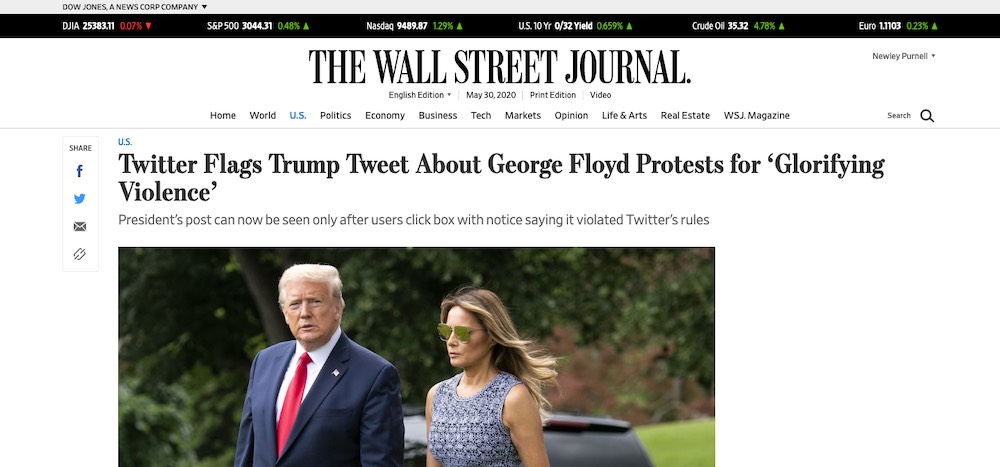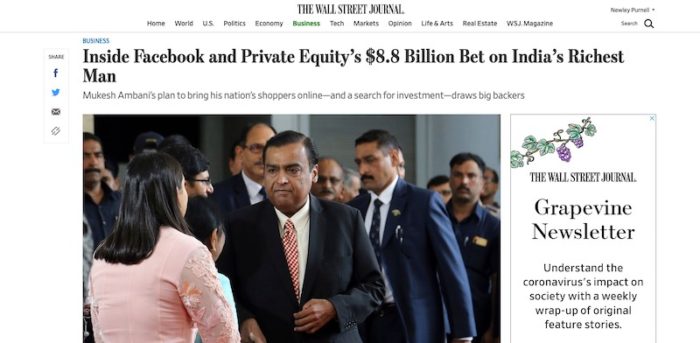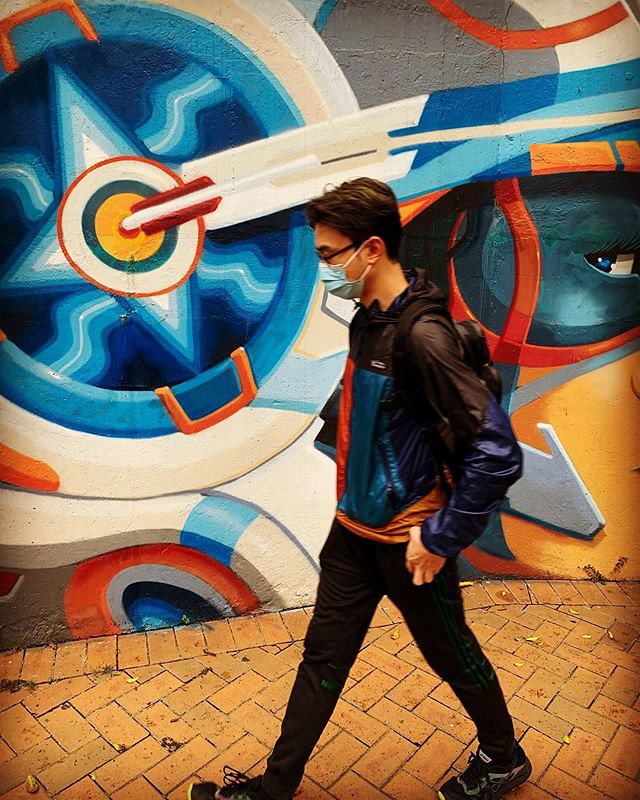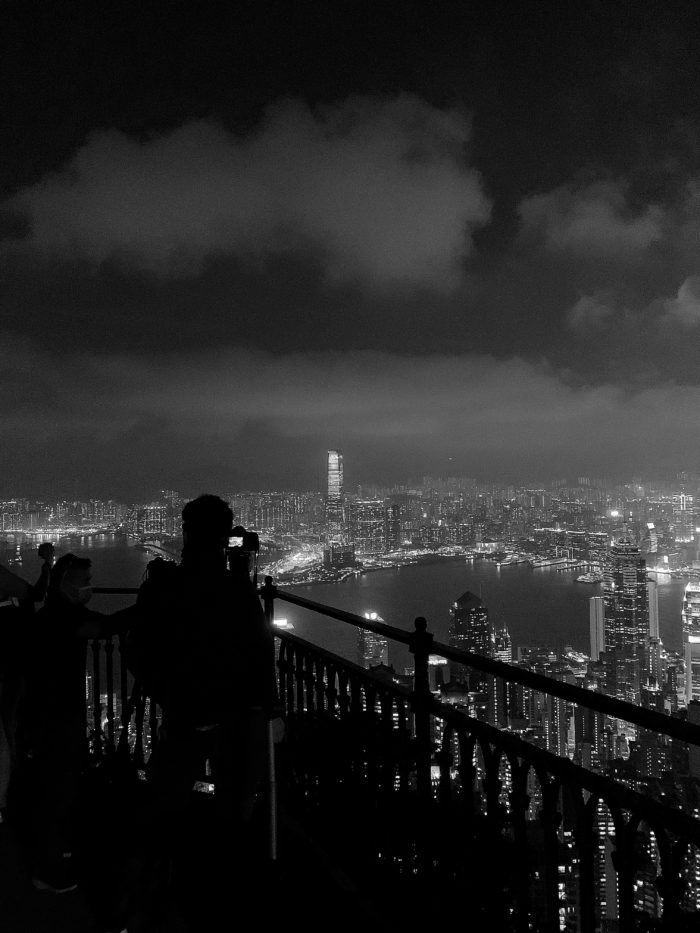Sent as an email newsletter Sunday, May 31, 2020
👋 Hi, friends. Welcome to the latest edition of Newley’s Notes, a weekly newsletter containing my recent Wall Street Journal stories, must-read links on tech and life, and funny dog videos.
Coronavirus Doesn’t Have to Be So Deadly. Just Look at Hong Kong and Singapore.
😷 That’s the headline on a story out earlier this week that I wrote with my colleague Feliz Solomon.
It begins:
Hong Kong and Singapore reported their first cases of the novel coronavirus in January. Four months later, the densely packed Asian metropolises, with a combined population of about 13 million, have seen 27 fatalities between them.
Just 0.4% of those with confirmed infections have died in Hong Kong. In Singapore – less than 0.1%. If the U.S. had a similar fatality rate as the average of the two, its death toll would now stand at about 4,100, rather than 98,000 and growing.
“When you overwhelm health systems a lot more people die,” one Hong Kong-based doctor told me. Hong and Singapore “didn’t let the epidemic run wild,” he said.
🔑 The secret to their success, our reporting showed: wide testing, aggressive quarantining, and keeping infections away from older, more vulnerable people. Possible lessons for the future considering the pandemic could come back in waves.
On to this week’s NN.
Here are ten items worth your time this week:
💬 1) Twitter shielded from public view a tweet from President Trump for violating its rules on glorifying violence. He called demonstrators clashing with police over the death of George Floyd “thugs” and said, “When the looting starts, the shooting starts.” By me and my colleague Andrew Restuccia: LINK
🚨 2) …Meanwhile unrest spread from Minneapolis to several cities: Chicago, New York, Los Angeles, and many more. LINK
📈 3) Facebook largely shelved research showing its service exacerbates polarization, my colleagues Jeff Horwitz and Deepa Seetharaman reported in a page one story. LINK
✨ 4) Discovery of the week: No big deal, just a Roman mosaic under a vineyard in Northern Italy that dates to around the 4th century. VIDEO
🍴 5) Will U.S. government experts overseeing dietary guidelines finally recognize the mountains of evidence showing the benefits of a low-carb diet? A committee will soon issue an advisory report on recommendations for the next five years. LINK
🌟 6) Longread of the week: GQ on the brilliant actor Steve Buscemi, who among other travails lost his wife of more than three decades last year. (And yes, you’re saying his name wrong.) LINK
😎 7) Soviet-era control rooms: Who knew those analog dials and switches could be so beautiful? LINK
🎧 8) Here are 150 educational podcasts, ranging from philosophy to art to history and more. LINK
👃 9) Dog-related science story of the week: Specially trained pooches in Finland learned to detect the “previously unknown odor signature” of Covid–19 in urine samples from patients. LINK
🎻 10) Dog-related video of the week: “Decided to play a tune to welcome a new pup and well, we think he liked it.” LINK
💡 Quote of the week:
“Any person capable of angering you becomes your master; he can anger you only when you permit yourself to be disturbed by him.” — Epictetus
What’s new with you? Hit reply to send me tips, queries, random comments, and videos of dogs “singing” along with their violinist owners.
👊 Fist bump from Hong Kong,
Newley






















